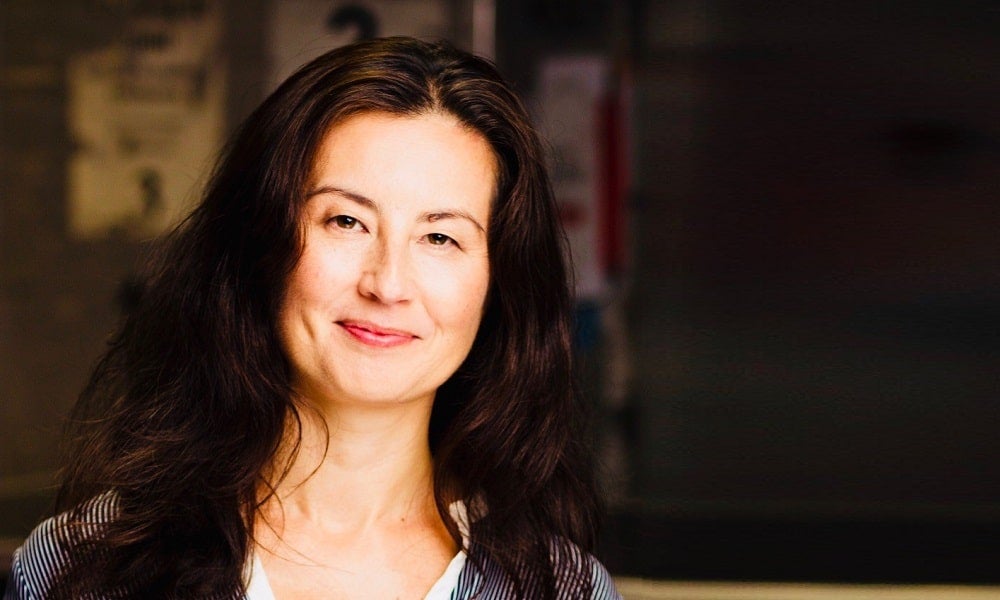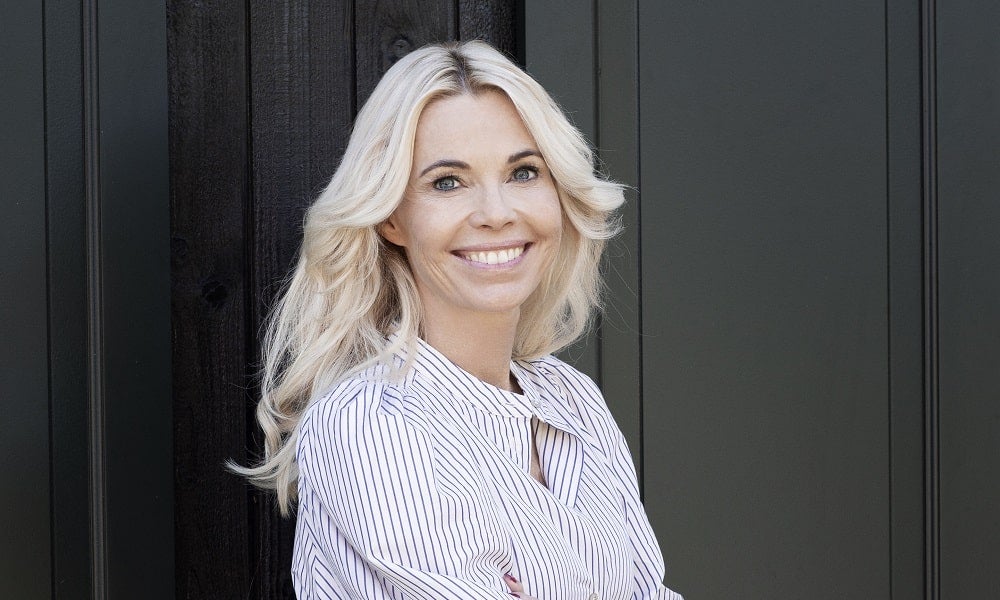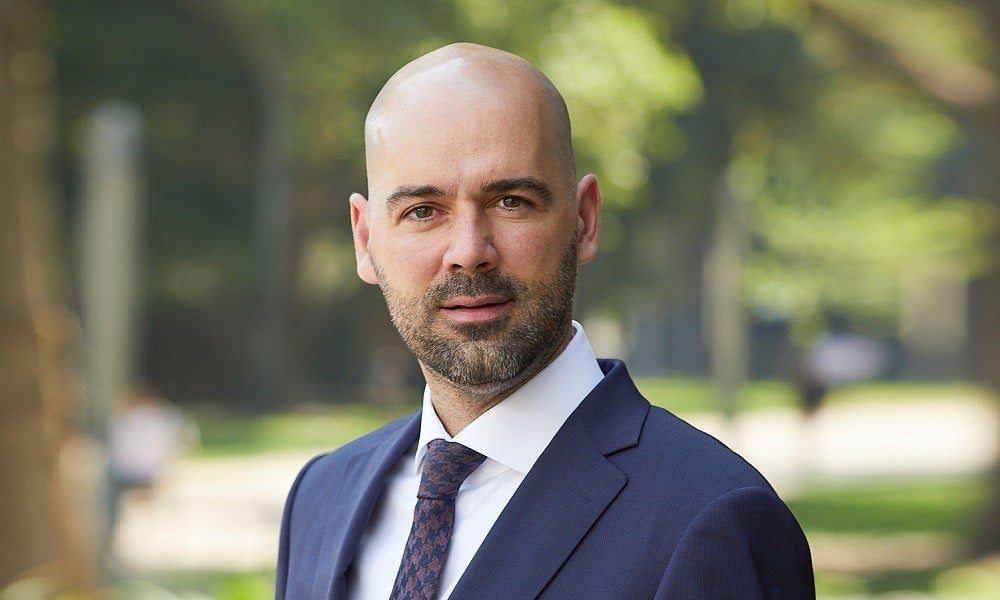How did COVID really impact the mental health of CEOs? (part 2)
With COVID-19 still causing significant levels of disruption, CEOs need to look after their own mental health – and board directors should play an important role in the process
The first part of this article examined how COVID has impacted the mental health of CEOs, and the additional skills needed to lead themselves and their organisations safely into the future.
The events of the past two years have caused board directors a fair share of anxiety, and as the organisational overseers, board directors have taken a stronger hands-on approach with CEOs through COVID. “For boards, it’s about best practice governance and good risk management,” says Marina Go, former Head of Hearst Australia and now a board director of multiple local and international companies including 7-Eleven, Transurban, EnergyAustralia, and Adore Beauty. “Boards are expected to proactively mitigate risk, and that’s what we need to do. If we get to the point where we’re code red with a CEO, and that’s because of something that we could have managed, then that’s our problem. And you should never get to that point. It’s avoidable.”
Ms Go is seeing the emergence of new KPIs in CEOs’ balanced scorecard reports as well as other metrics that are being monitored and measured at board level. Conversations she and other board directors are having with CEOs have evolved in their focus to encapsulate more considerations than those of the past.
“Physical safety has been a KPI for a very long time, but now the mental health and wellbeing of staff is featuring more prominently than I have ever seen. I’ve noticed that sexual harassment is creeping up into the reporting around safety too. Those kind of KPIs are the clearest way to tell an organisation about what matters to the board,” she says.
While COVID has been stressful for many in business, Merete Wedell-Wedellsborg, Adjunct Professor in Leadership at the Institute for Management Development (IMD), says “boards should be bedrocks: solid, calm and dependable – not another source of stress to management.” She recalls one of her clients (a board chairman) who said to his management team: “every decision we make we should evaluate through these three criteria: (1) are we doing the right thing for society? (2) are we keeping everyone safe? and (3) are we strengthening our business?”
Through crises it is natural that board directors will want to take a more hands-on approach, but there is a fine line between striking the right balance at the right time and “moving closer without meddling or interfering”, says Prof. Wedell-Wedellsborg. “During a crisis, we all get this impulse to rush in and help and become very specific. I have heard about board meetings where there was a discussion of whether the cantina should shut down or not. Try to stay on the balcony (as Professor Heifetz at Harvard Kennedy School always says). As board members you need to see the big picture and anticipate what’s coming next.”
Another important consideration for boards both now and in the future is how CEOs are hired, according to Frederik Anseel, Professor of Management and Senior Deputy Dean (Research & Enterprise) at UNSW Business School. CEOs have often been hired by executive search firms in the past, however, he says companies need to think more about how they grow their own leaders right up to CEO level rather than hiring in from the outside. “From a governance perspective, I think a lot of boards will start thinking about how they build a real, high-potential base of people internally who can be nurtured, mentored and developed – right up to the level of the CEO,” he says.
“This means more than having the right professional background and the right experiences. It incorporates questions about helping them in terms of mental health, wellbeing, giving them the right skills, what they eat, what exercise they do, and their sleep hygiene. Many top CEOs have personal coaches for health, diet and sleep – and these are often recommended or at least supported by the board. They want their CEO to be healthy, and it’s quite prevalent these days.”
Johnson & Johnson, for example, launched a "Premier Executive Leadership" programme for its top executives in 2016. The programme includes a tailored, proprietary two-and-a-half-day health evaluation (with tests including bone density scans, abdominal ultrasounds and a pharmaco-genetics review) as well as comprehensive mental and emotional analyses of participants, who are supported by a team of exercise physiologists and registered dietitians. The nine-month programme was so successful that Johnson & Johnson made it available to external companies in 2017.

Prof. Anseel also suggested boards need to be more accommodating and open to CEO candidates who may have struggled with mental health problems in the past. “If somebody on a board has heard about a CEO candidate having mental health problems or struggles, they may wave the red flag and say, ‘this could be an issue.’ Now, if you think about the future where we want our leadership to be a better representation of our employees and our stakeholders, that means we may need to be more inclusive, open and diverse in the sort of people we bring to the top leadership positions. And that means we need to be more open and supportive, recognising that those people have had their problems in the past, but they have a better understanding of how to overcome these too,” he says.
What CEOs can do to improve mental health in times of crisis
While the initial shock of COVID-19 has passed, many organisations are recovering while others will never be the same. Companies in certain sectors such as tourism, travel, hospitality and retail have experienced seismic change, and CEOs across all industries need to take a step back, reassess and take better care of themselves, according to Ms Go. “If I refer back to that earlier flight scenario and the need to put your oxygen mask on first, you’re no good to anyone if you’re not breathing, right? That’s the advice boards are giving our CEOs: make sure you’re taking care of yourself,” she says.
“That means you have to actually lead by example. If we want our people to be taking regular breaks to be more effective, turn the technology off. And if they’re working from home, that means that people potentially have access to the CEO 24/7. There needs to be a clear line for turning off. Of course, there might be urgent things you might have to respond as a CEO, but it is important to manage the expectations of your people. We’ve had to encourage our CEOs to set very clear boundaries for their staff.”

It is also important for CEOs to ensure they take breaks from work when required, and Ms Go says some boards she sits on have told CEOs to take a couple of weeks off. “I’ve noticed that boards have become more directive towards a CEO in telling them to take a break, which is the complete opposite to conversations a decade ago when CEOs were expected to be always on. If anything positive comes out of this, I would hope it’s a realistic understanding of just how far you can push a person before they break. And if they are the best person to lead your company and they do break then that puts the company in jeopardy – and your job as a board is to make sure that you don’t reach that point.”
With high levels of pressure, it is not uncommon for CEOs to put in long hours. Elon Musk is at the extreme end of this scale when he claimed to work upwards of 120 hours a week. If CEOs do not look after themselves under such pressure, Prof. Anseel says there is the risk of fatigue, inadequate sleep or substance abuse in the form of alcohol or drugs.
He compares the job of a CEO to that of an Olympic athlete in terms of the care and discipline required to make sure they’re in top shape for the top job. “I was in touch with a multinational recently, and they have a very clever high potential program for preparing their top managers for really the C level suite. The program is not just about leadership skills or having a financial or economic sort of background; rather it is about a way of life in which participants receive advice on diet, sleep, stress management and exercise and how to take care of themselves under pressure. “Because as soon as one of those building blocks drops away, they are at risk,” says Prof. Anseel.
Another important pillar of support for CEOs in challenging times is a peer network. The saying “it can be lonely at the top” can ring true for CEOs, who face a certain degree of isolation due to the nature of their role, according to Prof. Anseel. “Often when you climb up the ladder of the hierarchy, those people become more alone and isolated. So they need to make sure that they are surrounded with a network of supportive peers who they can confide in and discuss work-related problems, but also maybe personal problems,” he says.
“When you run a company with 80,000 or 200,000 employees, for example, it is very difficult to talk to people that can relate to that sort of responsibility. It doesn’t need to be a formal advisory board, but it’s helpful if you have a small group of people – even competitors sometimes – who have had similar roles and shared that responsibility who can discuss those problems.”
Many CEOs have personal coaches who have sometimes been CEOs in the past too, and Prof. Anseel says this can be a helpful option as well. “CEOs need to learn how to take time to reflect on things they’ve done and decisions they’ve made. Their schedule is so packed, typically with meetings throughout the day, with dinner presentations and the frequent need to travel, so need to take time out to step away from all of this and reflect – and a coach can help do this,” he says.
“A big risk for CEOs is that they fail to learn from what happened in the past by not reflecting and learning from experience, and instead they start ruminating on things that went wrong. That can lead to trouble sleeping which means they will be less sharp in decision-making. It could be a vicious downward spiral, so they need to really take care of those things.”

5 ways CEOs can take care of their mental health and wellbeing
Prof. Wedell-Wedellsborg says there are some pragmatic steps CEOs can take to improve their own mental health and wellbeing:
- Deeper conversations: One way to improve your mental health as a CEO is to show what you are going through. No one wants to be led by a “robot CEO”. In order to do this – you need to have deeper 1:1 conversations where you dare to share and ask questions. Not only: Are you okay? But are you really okay? Sharing your own stories or even a “I had a terrible day” can go a long way toward normalising the conversation, showing employees that no one is alone in struggling with these feelings.
- Anticipate: The best-performing leaders I see right now spend their time thinking and talking about what’s going to happen a year from now. And they are super realistic about it; they don’t think of it as just going back to work and adopting old habits. They try to create new meaning and ask questions like: ‘What was the point of this crisis? What will we do if this happens again? What did we learn? How can we move faster next time? They look for a realistic sense of optimism and what should change.
- Giving back: One of the best ways to help improve your mental health is to be generous towards others and give back. This has been proven over and over again in research, and during the pandemic I have seen many CEOs who invested heavily in society, climate or helping children. And since I am Danish, I can’t help but mention: LEGO, A. P. Moeller Maersk and NOVO Nordisk all donated a large part of their revenue to “doing good”.
- A large global retailer I work for requested a “psychological pandemic survival kit” training for management, to help address the acute emotional needs, pressure and unforeseen stress in their organisations. Psychological survival kits are not a new concept, and the approach is used in NATO units and in large high-security organisations where severe accidents sometimes happen and where management needs to be able to handle significant psychological reactions.
- Visit your sanctuaries: Allow yourself to focus on at least one daily activity that gives you pure joy and energy, and remember to allow others space for theirs. Sometimes those sanctuaries are the first we give up under pressure. We consider them a luxury and not a necessity. Just when we need it the most, we stop doing it. Is it running, gardening, playing with your (pandemic) puppy or making homemade granola? I find that this question truly energises CEOs and often they need to be reminded of this.
For more information on how CEOs can improve mental health and wellbeing please contact Frederik Anseel, Professor of Management and Senior Deputy Dean (Research & Enterprise) at UNSW Business School.
